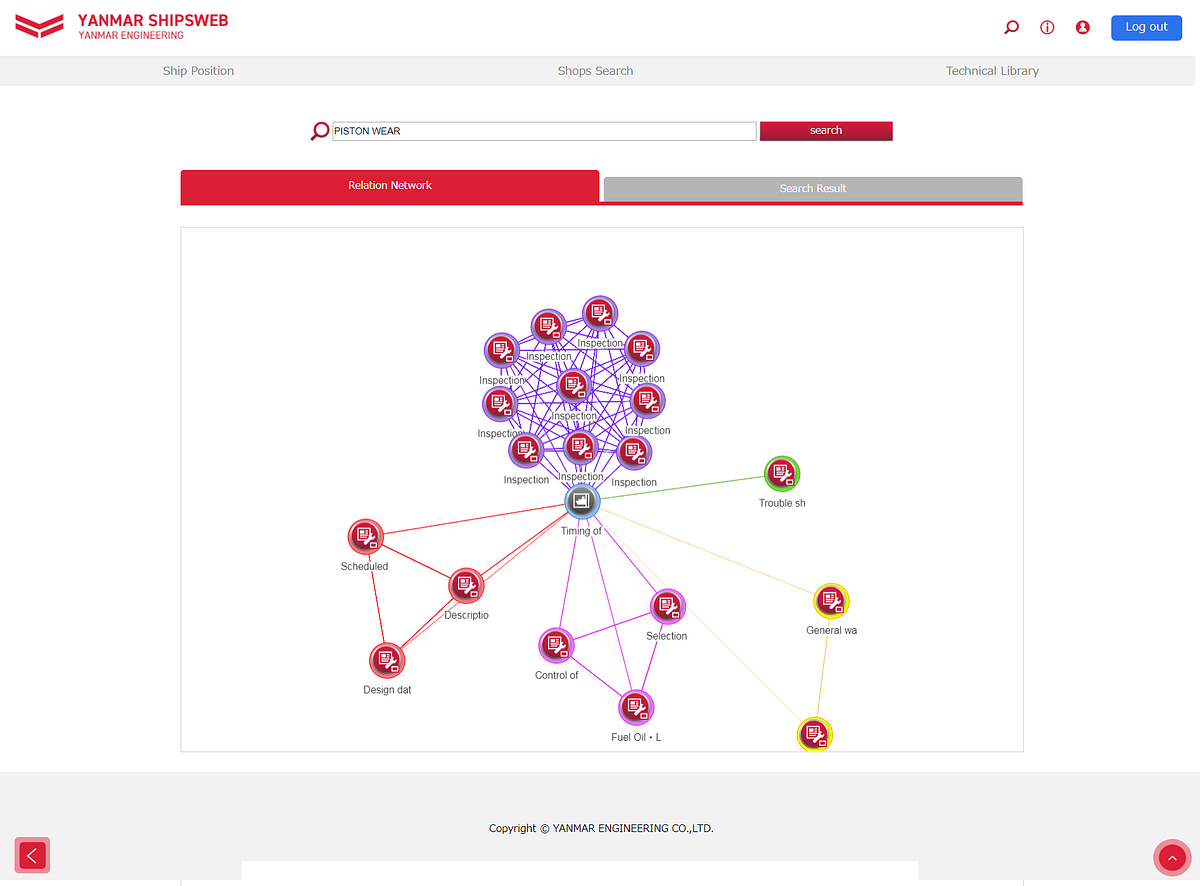Biomass
Being eco friendly and sustainable is all about using natural resources in a wise way. Selecting renewable materials instead of diminishing resources is one of the top priorities on the global agenda for combating climate change.
Biomass is one of those inexhaustible and renewable resources that are omnipresent throughout the world. It basically uses the energy stored in plants and organic matter throughout their lifecycle, transforms it into usable energy and literally helps the world by eliminating waste while being productive. As long as we have access to this renewable source, we have a way to generate energy that would ensure us a sustainable future.
For thousands of years, people have used biomass as a source of energy. In 1770, all U.S. energy came from a single renewable source, wood. And in 2018, only 8% of total energy consumption came from renewable resources. According to the International Renewable Energy Agency, solid biomass from forests, farms, and cities as an energy source for heat and power generation could account for a fifth of the global energy consumption by 2050.
Biomass has considerable ecological advantages. Below are the main advantages of using biomass as a renewable energy source.
Biomass reduces excessive dependence on fossil fuels.
Around the world, we depend on fossil fuels to generate energy for industrial processes, transportation, and daily use. Since the Industrial Revolution, we are on the way to absolute exhaustion of these non-renewable resources. The burning of fossil fuels, which have been trapped in the earth’s crust for hundreds of millions of years, releases greenhouse gases such as carbon dioxide into the atmosphere.

Fortunately, the latest technologies can convert biomass into energy. We have found ways to maximize their potential, and as a result, the entire energy needs of humanity could be met by biomass. Therefore, the willingness to move away from the currently declining non-renewable energy sources, such as fossil fuels, is a question of commitment. However, it is very important to ensure sustainable forestry, to control harvesting so as not to disturb the fuel/food balance, and to make use of biomass waste as a renewable energy source.
Biomass is considered a renewable energy source.
Biomass is the biological source of energy. It includes wood and waste from wood processing, agricultural crops and waste products, food waste, animal manure, and human sewage. Forest biomass – also known as woody biomass is wood and wood waste. Woody biomass is the most commonly used type of biomass for energy production. Instead of going to landfills, wood waste can be used as fuel.
The energy released during the combustion of biomass can be converted into heat or electricity. Industrial Boilers America is one such company that offers solutions for biomass heating systems that use alternative energy sources such as corn husks, bagasse, palm fibers, wood or other waste. The use of biomass in heating systems is used in many different types of buildings and has different purposes. The company’s solutions include cogeneration systems, which are very useful for generating power from wood waste, with the heat being generated as a by-product of the power generation system.
Biomass helps to eliminate the waste of our planet.
The organic waste ends up damaging ecosystems and has negative effects on human health and instead, it could be used to produce energy and other products. Food waste affects the availability of food for other people and is a waste of natural resources. On the other hand, by converting food remains into energy, we eliminate waste from our environment.
Organic waste also includes non-edible sources, including livestock manure, agricultural and non-edible food waste. For example, the decomposition of livestock manure produces large amounts of methane. To reduce methane emissions, animal manure can be removed and used to produce biogas, a renewable energy source. Biogas is produced after the decomposition of organic material in a process called anaerobic digestion. Biogas systems help to contain both energy (gas) and valuable soil products (liquids and solids).
Biomass promotes the shift toward circular bio-economy.
A circular economy is a strategy for switching to more sustainable production and consumption practices. Biotechnology plays an important role in this strategy by supporting innovation in the use and implementation of biological systems on an industrial scale.
The circular bio-economy depends on maximizing the value of resources indefinitely. In simple terms, this means that no non-recyclable waste is produced. In a circular economy, biomass is of great importance for material products and energy supply. The main challenges are to provide abundant biomass for bio-based products by giving priority to other renewable energy sources and to minimize and recycle waste generated by food and agriculture.
Conclusion
The cultivation of biomass, if not carried out in a sustainable way, can have negative effects on biodiversity, carbon stocks, and water and air quality. In addition, biomass can also have social impacts, so it is important to consider factors such as working conditions in certain areas.
It is, therefore, crucial to cultivate biomass to generate energy in a closed-loop system based on circular bio-economy practice and taking into account the social, ecological and economic dimensions equally. Biomass can reduce excessive dependence on fossil fuels, helps to eliminate the waste of our planet, and as it is found everywhere, it can serve as a great source of energy production.


















